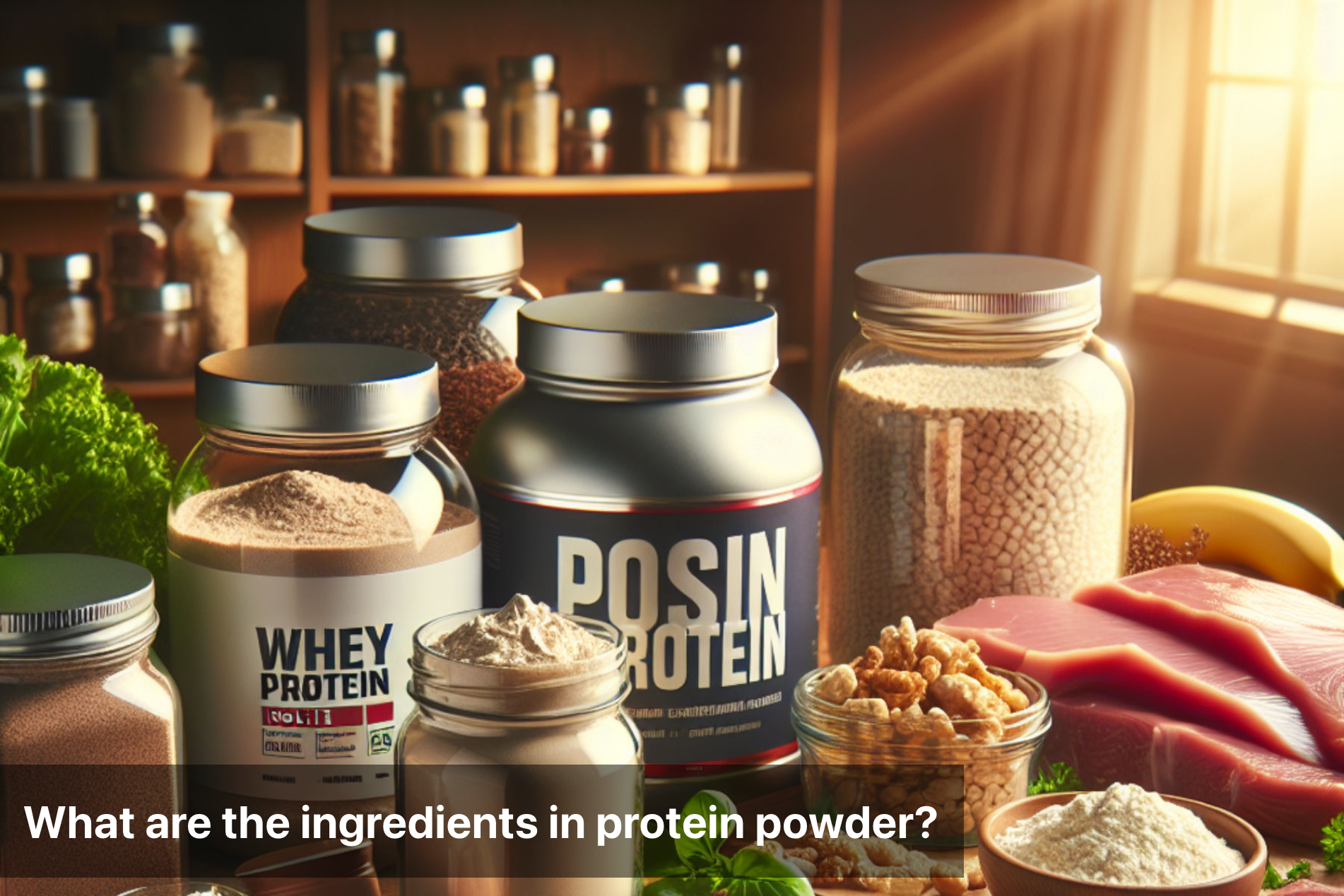
What are the ingredients in protein powder?
Protein powder has become a staple in the fitness industry, serving as a convenient and effective way to supplement protein intake for individuals with active lifestyles. Understanding the key ingredients in protein powder is crucial for consumers to make informed choices tailored to their fitness goals and dietary needs.
Protein powder is a concentrated source of protein derived from various sources such as whey, casein, soy, and pea protein. These ingredients play a vital role in muscle recovery, growth, and overall health maintenance. The versatility of protein powder makes it a popular choice among athletes, fitness enthusiasts, and people seeking to meet their daily protein requirements.
As we delve into the world of protein powder, it's essential to recognize the significance of quality ingredients in achieving desired outcomes. By selecting products with high-quality protein sources and minimal additives, individuals can optimize the benefits of their supplementation routine.

Protein Sources
Protein powders are a popular supplement choice for many individuals striving to meet their protein intake goals, with various protein sources available to cater to different dietary preferences. Understanding the key protein sources used in these powders can help you make informed decisions when selecting the right product for your needs.
One common protein source found in protein powders is whey protein, derived from milk during the cheese-making process. Whey protein is known for its rapid digestion and high amino acid content, making it an excellent choice for post-workout recovery.
Another popular protein source is casein, which is also derived from milk. Casein is digested more slowly than whey, providing a sustained release of amino acids into the bloodstream, ideal for consumption before long periods without food.
For those with dairy allergies or following a plant-based diet, soy protein and pea protein are viable alternatives. Soy protein is a complete protein source, containing all essential amino acids, while pea protein is rich in branched-chain amino acids, beneficial for muscle recovery and growth.
-
By understanding the diverse protein sources available, you can select a protein powder that aligns with your dietary preferences and fitness goals, ensuring you meet your protein needs effectively.
Additives and Flavors
Additives like artificial sweeteners are used to enhance the flavor of protein powders without adding extra calories. These sweeteners, such as sucralose and aspartame, provide a sweet taste to the powder without the need for added sugars. They cater to individuals seeking a low-calorie or sugar-free option without compromising on taste.
Thickeners play a crucial role in protein powder consistency. Ingredients like xanthan gum or guar gum are commonly included to give the powder a smoother texture when mixed with liquids. They prevent clumping and create a creamy, desirable mouthfeel.
Natural flavors are another essential element in protein powders. These are derived from natural sources like fruits, vanilla, or cocoa to provide a pleasing taste to the powder. Natural flavors add variety and can cater to different taste preferences, making the consumption of protein powder a more enjoyable experience.
Understanding the role of additives and flavors in protein powder is vital for consumers looking to make informed choices. By recognizing and appreciating these ingredients, individuals can select products that align with their dietary preferences and taste preferences, ultimately enhancing their overall fitness journey.

Cracking the Code: Ingredients List of Protein Powder
Understanding the ingredients in protein powder is crucial for making informed choices when it comes to selecting the right supplement for your fitness goals. By delving into the composition of protein powders, one can ensure that they are consuming a product that aligns with their dietary preferences and health needs.
By familiarizing yourself with the various components that make up protein powders, such as whey, casein, soy, and pea protein, you gain the ability to tailor your supplement intake to suit your specific requirements. Different protein sources offer unique benefits, and being aware of these distinctions empowers you to optimize your nutrient intake effectively.
Moreover, being mindful of common additives and flavoring agents present in protein powders, including artificial sweeteners, thickeners, and natural flavors, enables you to make more conscious decisions about the products you incorporate into your daily routine. Prioritizing transparency and quality in the ingredients you consume can contribute to your overall well-being and fitness journey.
In essence, educating yourself about the ingredients in protein powder cultivates a sense of control over your nutritional intake and sets the foundation for a successful and sustainable approach to supplementation. Make informed choices, prioritize ingredient awareness, and embark on your fitness endeavors with confidence and clarity.
FAQs
-
What are the main ingredients in protein powder?
Protein powders typically contain proteins derived from sources like whey, casein, soy, pea, or rice.
-
Are there any added sugars in protein powder?
Some protein powders may contain added sugars as flavoring agents, so it's important to read the label carefully.
-
Do protein powders contain artificial additives?
Some protein powders may include artificial sweeteners, flavors, or colors, so choose a brand that aligns with your preferences.
-
Are there any allergens present in protein powders?
Protein powders may contain allergens like milk, soy, or nuts, so individuals with food sensitivities should opt for allergen-free options.
-
Can I find organic protein powders?
Yes, there are organic protein powders available that are made from naturally grown ingredients without synthetic additives.
This Blog post is an initiative by Lo! Foods, to provide accurate and Nutritionist / Doctor approved information related to Health. Lo! Foods is India's leading brand for Everyday Functional Foods. Foods designed for specific Health conditions or Needs. Lo! Foods also runs India's largest range of Low Carb Healthy Cloud Kitchens, under the brand names of Lo!, ProteinChef, ATH (All Things Healthy) and DiabeSmart.











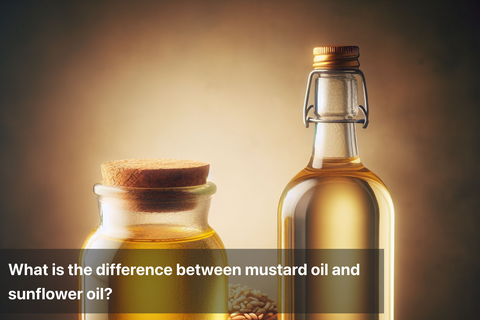
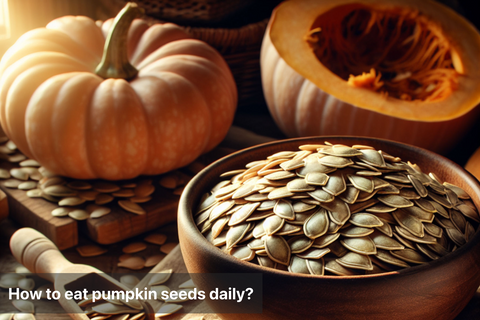
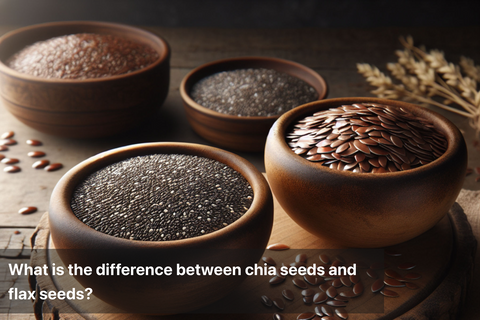
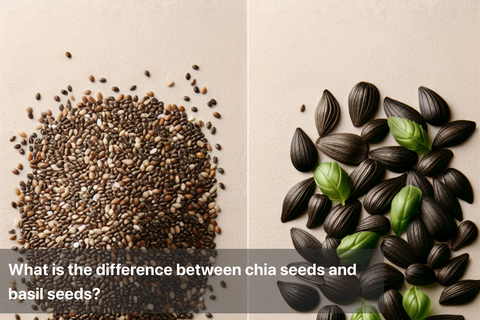
Leave a comment
Your email address will not be published.